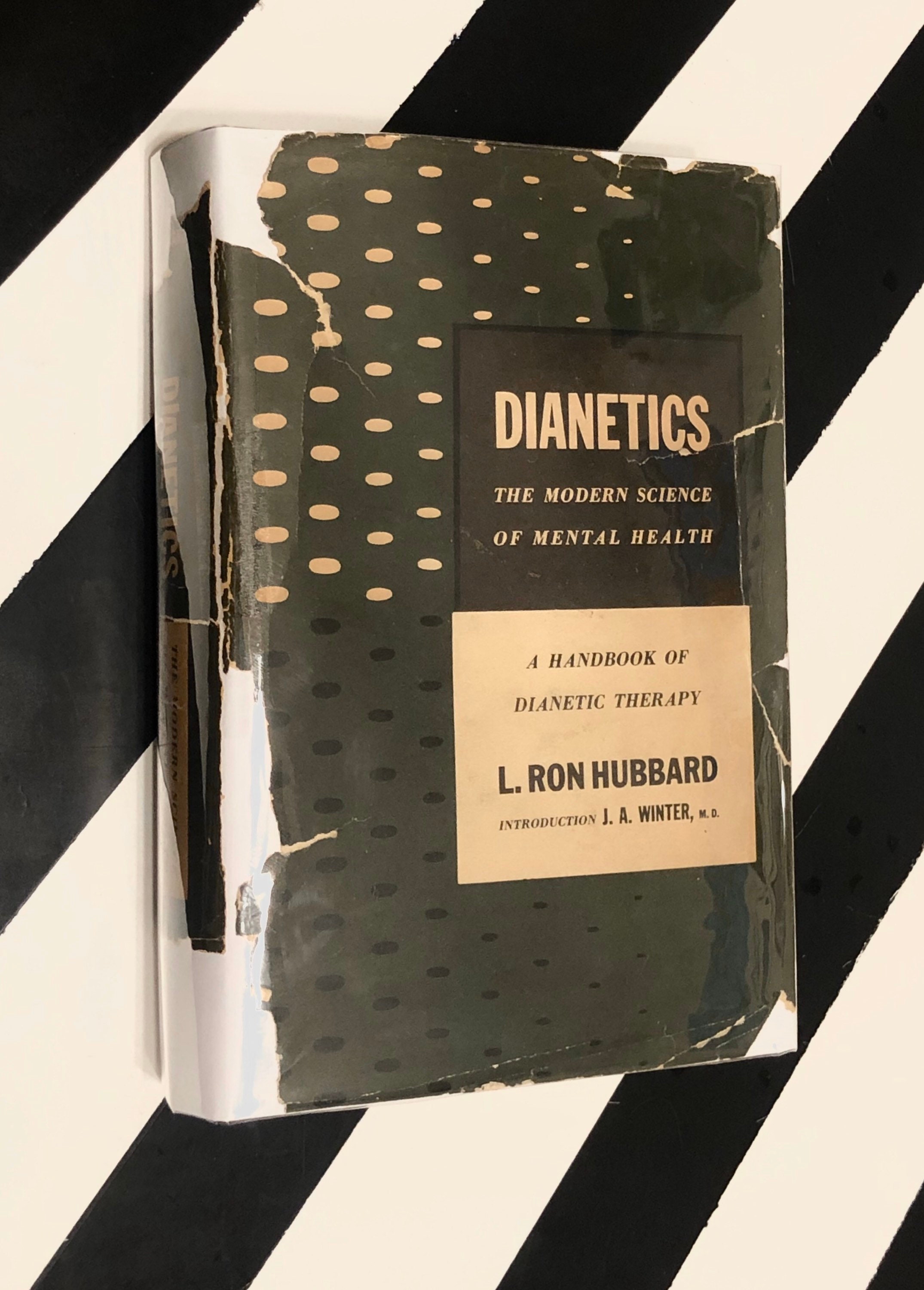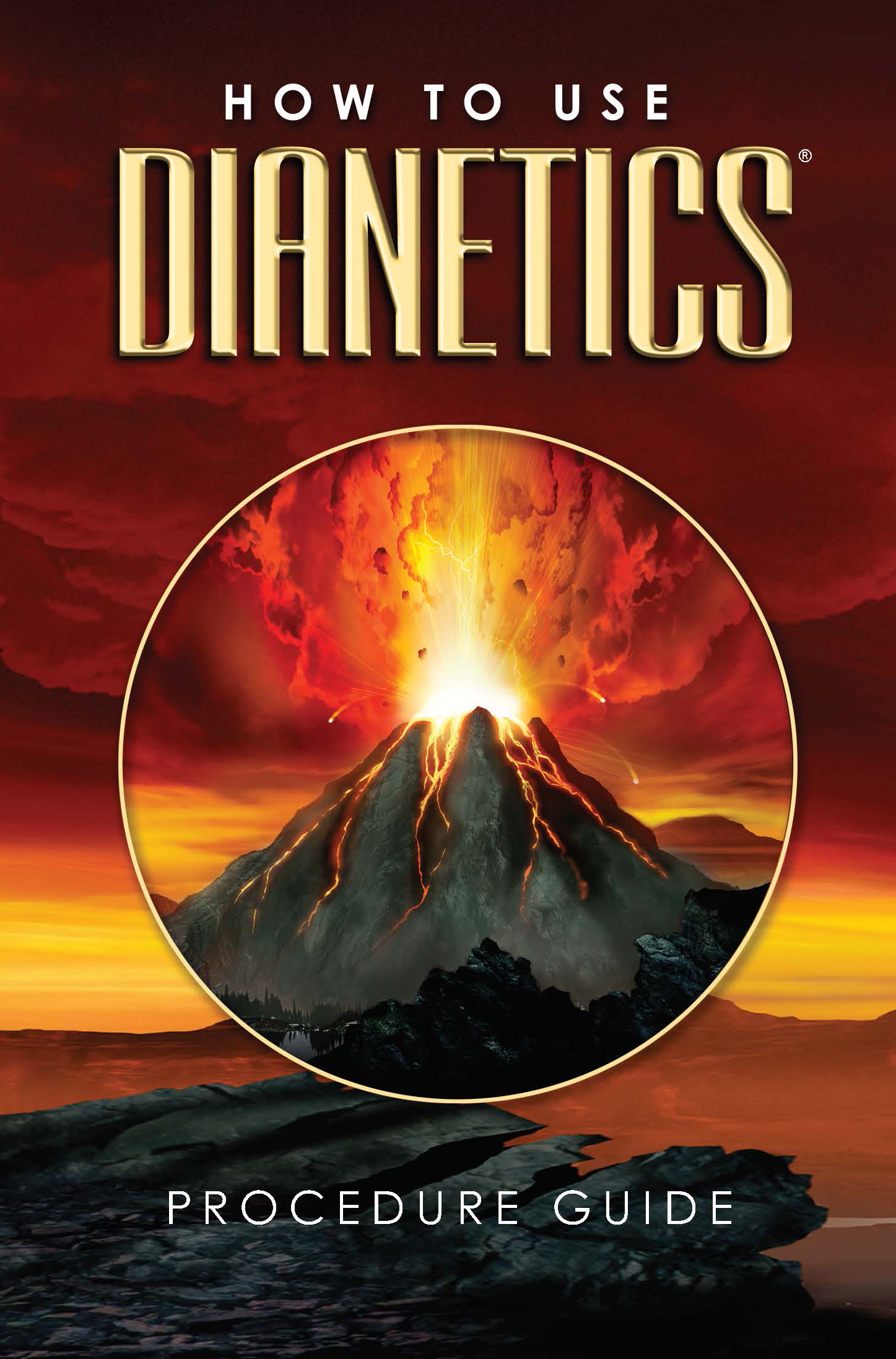Things about Dianetics
Things about Dianetics
Blog Article
Dianetics for Beginners
Table of Contents3 Simple Techniques For DianeticsEverything about DianeticsHow Dianetics can Save You Time, Stress, and Money.The Best Guide To Dianetics
I couldn't ever not want to obtain anything that enters your mind for you- if it was otherwise, I wouldn't be resting below with you, doing this. I not only could never ever have an issue, or not wish to listen to something that enters your mind for you, however I'm completely eager to recognize every concept, every idea, every picture or feeling that emerges or materializes for you- don't ever before assume or else, and if for one reason or another you do, please simply allow me recognize! In some cases, you might have an idea, and picture, idea or event appear that does not appear to respond to the inquiry, or associate with it, however nonetheless, always do inform me concerning it, and as we proceed, the significance will arise for you.This is fundamental in the basis of processing, and the topic of this discussion: the basic functions of the counselor and the customer: The fundamental role of the therapist is, unlike "basic training", not to regulate, which implies to apply and/or prevent, yet to instead function from the basis of EMPOWERING THE CUSTOMER.

Things about Dianetics
John Mcmasters revealed this fundamental reality wonderfully well in one of his lectures on Power processing, wherein he discusses just how he was asked what this "unique knack" was that he had for offering such wonderful sessions; he had to think of that for a moment, and spotted that it was what he had not been doing, in addition to what he was doing: he had not been examining, evaluating, computing, or in truth, producing any type of thoughts, allow alone verbal expressions, after providing the command and while awaiting the PC to complete their response to their satisfaction; he was, simply and only, existing with the computer, and entirely interested.
The role of the counselor, demonstrated; that was his "special knack". I have had my own experience which instructed me this well, really beforehand in the video game. In 1982, having actually lately finished my training and teaching fellowship on New Period Dianetics, I was running this on a COMPUTER, and there was a factor in the session where (being a little bit useful source wet behind the ears not yet having numerous hours under my belt as an expert auditor) the PC seemed to be "taking too long" to express anything vocally after I offered him a command.
This key ended up being one of the most useful contribution that John ever made to the subject of treatment or bookkeeping (Dianetics). In my simple opinion, it is the best contribution that anyone has actually ever before made to these subjectsthe application is totally non-judgemental, non-evaluative, and without any type of tip, recommendations or opinion.no preconceived program for people, or 'levels' that they must do
In Scientology we prided ourselves on not examining for people. All that actually indicated was that the auditor did not VERBALLY assess for the Computer in session.
Not known Details About Dianetics

Any individual who had actually ever seen John audit can not assist but discover a special high quality in his auditing."The client's basic duty is to be there with the objective of relocating the instructions of their spiritual objectives, and to easily and completely reveal Read More Here and experience whatever shows up for them in responding to the questions and executing the instructions in the handling.
This is something to procedure as required. However also, people frequently have prior experience and/or indoctrination in auditing/processing which, in some means, and to some extent, actually deceives them right into perspectives, ideas and habits patterns that avoid the full realization of these duties, and so they will often tend to hinder the expressing of what comes to mind, as in the instances offered over. * The very first, and maybe leading instances of mis-indoctrination resulting in much less than entirely smooth and effective sessions, can be discovered in specific facets of the training routines, or "TR's":"TR's" blog here are commonly an individual's first, or a minimum of early, experience in Scientology, and while I will certainly take place to explain what I see as the defects in idea and method, however, often tend to be substantially therapeutic, done as they are provided (Hubbard urges that "TR's are not refining, they are training", however factually, they are both handling AND training)
Alan Walter made comparable observations, and improved these with his "Visibility Processes". There is no "failing", and no denial of the fact of this being processing. The focus, as it ought to be, is on experiencing the other person's existence. All the indications which obtain a "fail" in doing "TR-0" are simply the being's initiatives to stand up to the various other person's existence, and instead of being bugged and badgered with "Flunk", which imposes "failing!" on the being, one just requires to be motivated to "stick their feet in the water a little deeper", to progressively restore their capability and desire to completely share and experience "being right here", or "existence", with others.
Some Ideas on Dianetics You Should Know

Report this page